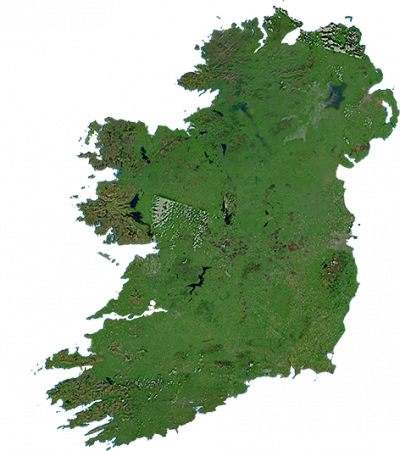
Aontú is calling for a 1/3 cut in public transport prices – Tóibín
Aontú leader Peadar Tóibín TD has spoken out in the wake of a report by the Environmental Protection Agency that has identified air pollution as the cause of 1,180 premature deaths in the state annually. The EPA’s air quality report for 2018 has found nitrogen dioxide from transport emissions to be a key contributor to early deaths.
An Teachta Tóibín stated:
“The EPA’s findings are stark and worrying, but not surprising. We all know that cities like Dublin are being polluted unsustainably. Mounting traffic congestion is a growing problem. The sad reality is that traffic congestion, and the pollution that it causes, brings about serious health problems and even death.
“It is imperative as a matter of public health policy that swift measures are taken to curtail the levels of private vehicle usage in Dublin city especially. Filling the streets with nitrogen dioxide as par for the course is morally wrong and wholly counter-productive to the clean and efficient functioning of any population centre. Measures to curtail diesel vehicle usage, particularly at peak hours, must happen in tandem with coherent, well-planned and sufficiently funded public transport initiatives.
“In other European countries, like Estonia and Luxembourg, free public transport is available on a universal basis. Other countries, like the Netherlands, have outstanding travel schemes to incentivise greater use of public transport. Aontú is calling for a 1/3 cut in public transport prices as a first step towards cleaning our air, reducing climate change emissions, reducing congestion and making commuting safer. We need to get to a stage in Ireland where public transport is funded as a fully laudable investment with many positive returns.
“In Ireland, investment in public transport has for too long been done with a sense of grudging and great reluctance. Not only would a shift away from overreliance on private car usage in cities be a positive step for the environment, importantly it would save lives and lessen the grave health complications from which citizens are suffering.”











